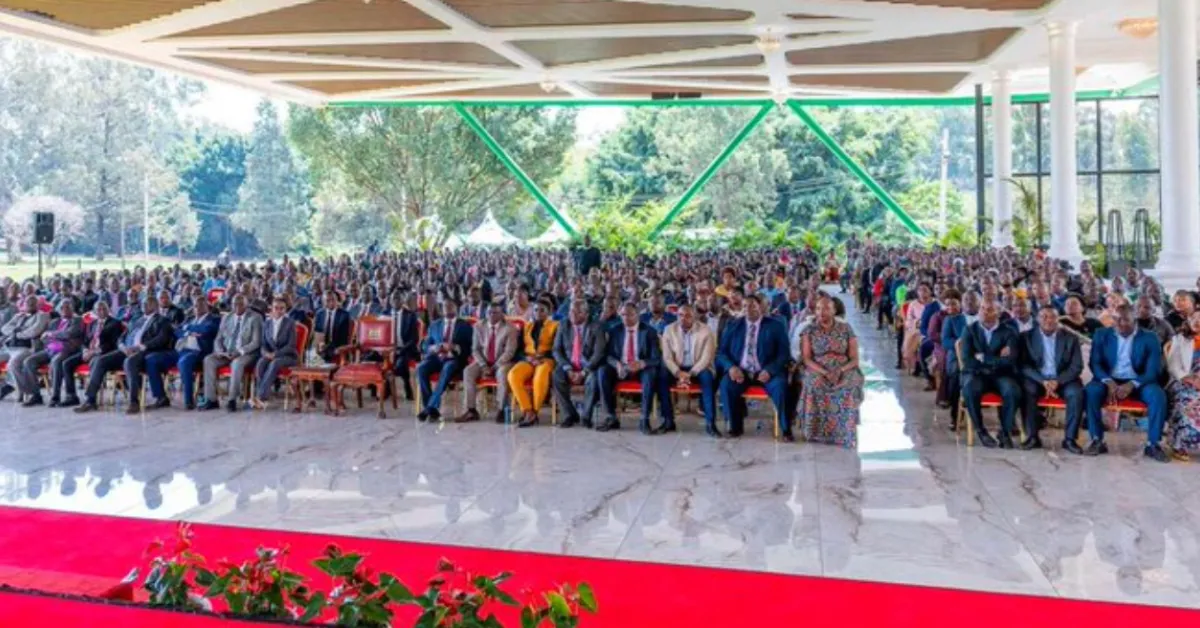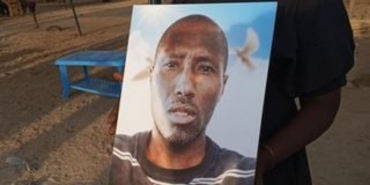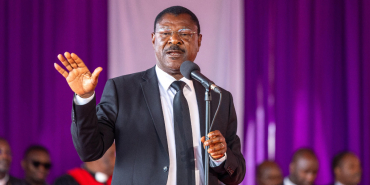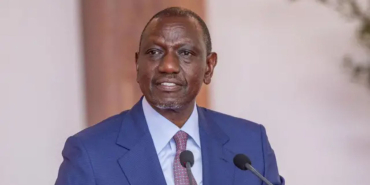Concerns Grow Over Executive Overreach in Kenya

Legal and political experts in Kenya are raising concerns over a growing concentration of power in the presidency, warning that recent actions by the Executive threaten key safeguards established under the 2010 Constitution.
Kenya’s current constitutional framework was introduced to reduce the unchecked powers of the presidency that had defined the country’s governance since independence. For decades, presidents Jomo Kenyatta and Daniel arap Moi exercised broad authority over public appointments, legislation, and national security, contributing to political instability and, at times, violence. The post-election crisis of 2007–08 underscored the need for structural reforms to prevent abuse of power.
The 2010 Constitution sought to address these issues through significant institutional changes. These included the creation of independent commissions, the introduction of a bicameral Parliament, a devolved system of governance, and a strengthened Bill of Rights. The aim was to create checks on presidential power and empower both citizens and oversight bodies.
However, recent developments suggest these mechanisms are under pressure. Speaking at the Law Society of Kenya’s annual conference, former Vice-President Kalonzo Musyoka described a rise in state repression, including cases of enforced disappearances, violent crackdowns on peaceful demonstrations, and alleged deployment of militia groups operating with police protection.
Civil society groups have raised similar alarms. Kituo Cha Sheria highlights the central role of the Bill of Rights in upholding democratic freedoms, noting that it binds all state institutions and private actors. The group stresses that the effectiveness of these protections depends on the independence of the institutions responsible for enforcement.
Lawyer and political analyst Willis Otieno expresses concern over attempts by the Executive to interfere with independent bodies such as the Ethics and Anti-Corruption Commission (EACC). While he acknowledges that the Constitution has led to some gains, such as a more assertive Judiciary and increased parliamentary oversight, he warns that the Executive continues to use political alliances and incentives to expand its influence.
The Judiciary has, on occasion, asserted its independence, most notably in its 2017 decision to annul a presidential election. Parliament has also exercised its oversight role through committee hearings and investigations. Still, some analysts argue that these institutions remain susceptible to political pressure. Commentator Dismas Mokua criticises the National Assembly for neglecting its fiscal oversight role, noting that many MPs choose to appeal directly to the President for development funds, bypassing institutional processes.
Opposition figures have also voiced concerns. ODM Secretary-General Edwin Sifuna points to the government’s apparent disregard for the values outlined in the Constitution’s preamble, including human rights, equality, and the rule of law. He emphasises the importance of the Bill of Rights as a foundation of the constitutional reforms of 2010.
Faith Odhiambo, President of the Law Society of Kenya, says that while the Constitution provides a solid legal framework to limit presidential authority, its effectiveness relies on the independence and resilience of key institutions. Without active enforcement and public participation, she warns, the gains made since 2010 could be rolled back by renewed centralisation of power.














Add new comment